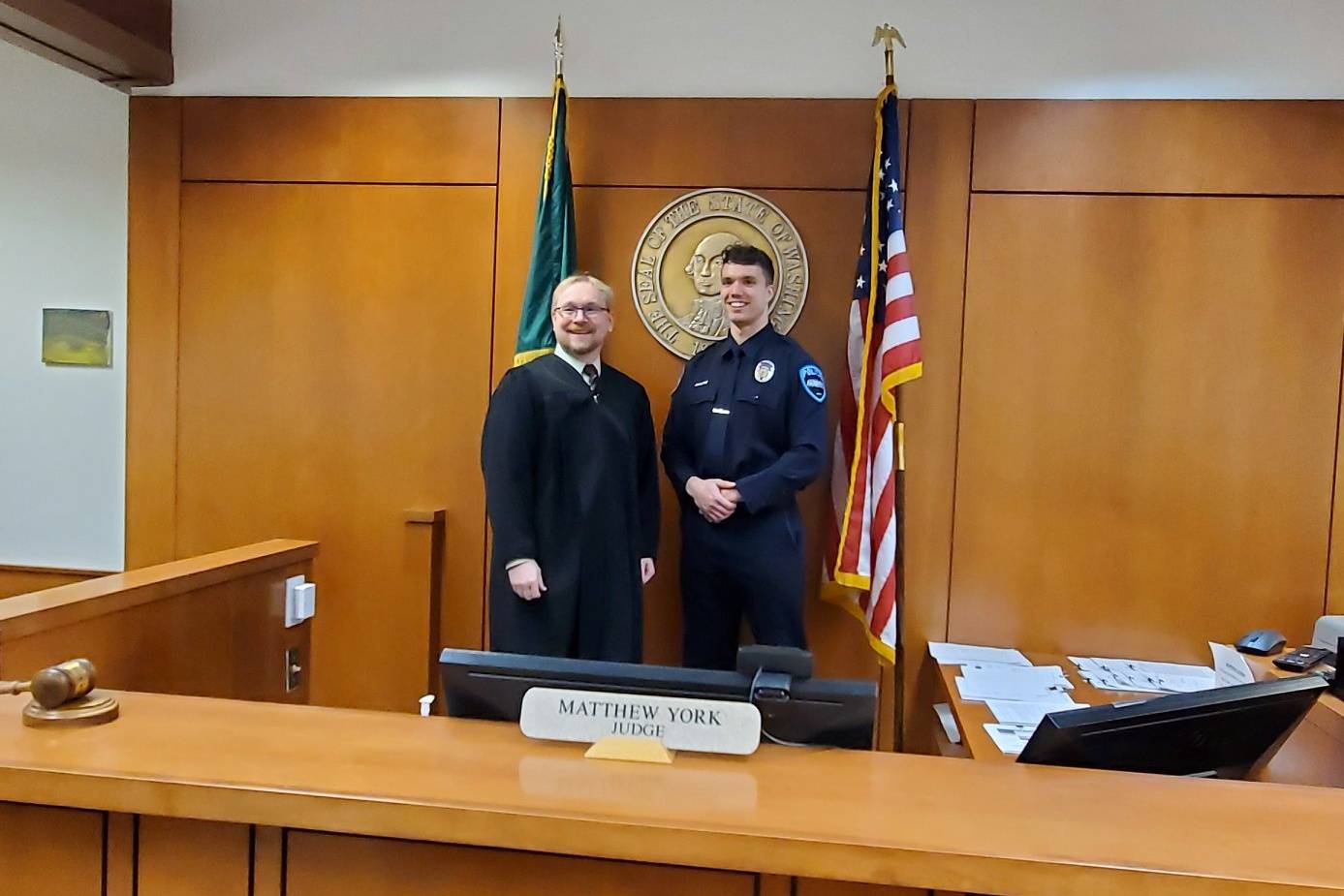In May 2021, Auburn opened its new Community Court, an alternative to the traditional court systems that use punishment in the form of fines and incarceration to prevent further crime.
Instead, the Community Court seeks to prevent further criminal activity by addressing the underlying causes. The Community Court does this by providing defendants with services such as treatment, housing and transportation.
“Our society has gone back and forth between punishment, deferral and rehabilitation,” said Judge Matthew York, who presides over Auburn’s Community Court. “It swings back and forth, but the Community Court is on the rehabilitation side of things.”
The City of Auburn has been interested in establishing a Community Court for several years, Public Information Officer Kalyn Brady said. Funding for the court became available just before the COVID-19 pandemic hit the state, which slowed down the process.
The city views the court as an opportunity to lift people up rather than simply punishing them.
“We see it as a real opportunity to build strong neighborhoods and break that cycle by giving opportunities to people who have committed crimes based on life challenges, like addiction or severe poverty,” Brady said. “Those can be real barriers to people, so we’re providing people the tools to get out of the situation. It’s a real win-win for the community and the city.”
Issues like homelessness and drug addiction contribute to crime because a person’s basic human needs aren’t met, York said.
“When people are dealing with substance abuse or they’re unhoused, they’re not concerned with fitting into societal norms and following the rules,” York said. “They’re concerned with their base needs.”
The Community Court helps people take care of their basic needs so they can focus on participating in society and following the rules, York said. As a judge in the Community Court, York can connect people with the services they need like housing, treatment and transportation.
This system not only has a positive impact on the people going through the court, but it also saves taxpayers money in the long term by reducing recidivism rates, York said. In King County, incarcerating one person costs roughly $200 a day, according to the Office of Financial Management.
“As soon as we get them past their basic needs, then we can expect them to follow the rules and get into a better place in their life where they are able to be happy and healthy,” York said.
York said that previously, when he worked as a judge, he could tell someone to get addiction counseling or to find housing, but as soon as the person left the courtroom, there wasn’t much he could do. Community Court is different.
“Previously I would tell people to do treatment or get an evaluation,” York said. “They may be completely earnest in the room, but as soon as they leave, they are concerned with basic needs. Community Court is attractive to me because I can tell them to do things and point them to the next room to provide them the opportunity to do it.”
Once someone has “graduated” from Community Court, their charges are dismissed, meaning there’s no record of the person committing it. This takes the burden of being labeled a criminal off of the people who go through the Community Court, York said.
If a person fails to complete their requirements, they are referred back to traditional court, where they may be ordered to pay a fine or do time in jail.
In addition to receiving help from the Resource Center, a person who goes through the court is also required to do community service in order to take accountability for breaking the law, York said.
Although it’s too early to measure how effective the Community Court is at preventing recidivism in Auburn, studies from across the country show promising results.
A study of the Red Hook Community Justice Center in Brooklyn, New York found that community court reduces recidivism by 10% in adults and reduces felony and misdemeanor crimes in the jurisdiction served by the justice center.
King County also has Community Courts in Redmond and Shoreline.
Auburn’s Resource Center is the organization that connects people in the court with services they need. The Resource Center is also open to the public from 1:30 – 3:30 p.m. every Thursday at 2816 Auburn Way N. You don’t have to be a participant in the Community Court to access the resources provided.
You can view a full list of the resources provided by the center on King County’s Community Court Website under the virtual resource center tab.
To learn more about Auburn’s Community Court, visit the website at Auburnwa.gov.



